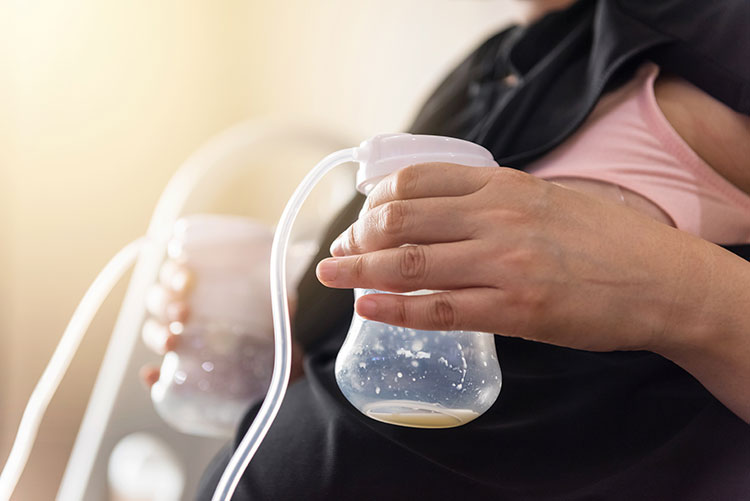
Pump and dump? Wait a minute! Before you pour that precious breast milk down the sink, read this article and find out why you should pump and SAVE.
Pump and dump is a catchy phrase — and we admit, it does have good intentions: encouraging breastfeeding parents to pump milk and therefore protect their milk supply even if they can’t use that milk to feed their babies.
But our understanding of safety issues in breastfeeding has come a long way in the last 10 years, and parents have more resources than ever for helping them make the right choices for their families.
Breast milk is an incredible substance, so why would you dump it out in the first place?
Here are a few of the most common reasons parents are told to dump their milk:
But these recommendations don’t always line up with the reality and research behind how breast milk works.
Breast milk has so many benefits, and it’s no small feat to make it. Not only is pumping and dumping a potential waste of valuable, hard-earned milk, it can also be demoralizing to parents. And when you start feeling demoralized, it becomes harder and harder to continue breastfeeding.
“Why dump when you can likely treat your baby to a “spa day” with a milk bath instead,” shares Nest Collaborative IBCLC, Erika Dudley.
The reasons we encourage pumping and saving are three-fold:
Breastfeeding and drinking used to be considered a no-go, but since then, we’ve learned a lot more about how breast milk production works.
Research shows that less than 2% of the alcohol you consume reaches your breast milk. What’s more, alcohol doesn’t accumulate in your breast milk but gradually leaves your milk the same way it does your blood — that means when your blood alcohol levels go back down, your milk alcohol levels do as well.
What’s more, eating a solid meal can help your body metabolize alcohol faster. Studies show that nursing parents who ate a meal before drinking reduced alcohol availability in their system by 38%. And when they combine eating with expressing breast milk? The total availability of alcohol in their system was reduced by 58%.
According to Dr. Thomas Hale in Medications & Mother’s Milk, “Mothers who ingest alcohol in moderate amounts can generally return to breastfeeding as soon as they feel neurologically normal.”
So when it comes to pumping, there’s no need to dump your milk after drinking alcohol because:
A better option — and something we stress here — is to pump and save. You can use this straightforward chart to determine when your milk is alcohol-free after drinking.
If you are too intoxicated to drive, please make sure that you have a safe person to care for your child until you are sober.
Never share your bed or any other sleeping surface with your baby if you’ve been drinking. There is an increased association between Sudden Infant Death Syndrome (SIDS) and bedsharing if a parent — whether the breastfeeding parent or non-breastfeeding parent — has been drinking.
Despite popular beliefs, drinking alcohol does not increase your milk supply. In fact, alcohol has been demonstrated to slow your milk ejection reflex.
Parenting without coffee? For lots of parents, this sounds next to impossible.
But thankfully, you don’t have to give up your morning (or afternoon) cup of coffee when you’re nursing or pumping. And you certainly don’t need to pump and dump!
That’s because, in moderation, caffeine generally doesn’t affect your baby.
Keep in mind that caffeine does enter your bloodstream, and a small amount can be passed to your baby through breast milk. Sensitive babies may be a little extra fussy or wakeful even with trace amounts of caffeine.
That being said, most babies aren’t affected by it, but if you are concerned, a good rule is to keep your caffeine intake to less than 300 milligrams a day — or about three 8 oz. cups of coffee.
But remember, caffeine isn’t limited to just coffee. Drinks like some teas, sodas, kombucha, or energy drinks are caffeinated, and some foods (like chocolate!) also contain caffeine. It’s important to be mindful of how it all adds up.
Medications and breast milk are a significant concern for breastfeeding parents. Whether it’s occasional ibuprofen to stave off a headache, an antidepressant to help navigate postpartum depression, or a medication to help manage a chronic illness, there are many questions about what is safe and what isn’t.
The first — and best — suggestion is that it’s important to take care of yourself. If a medication is needed, don’t discontinue, skip, or avoid taking it.
Above all else, your baby needs you to be well.
Most medications are safe for breastfeeding. Want to double-check for yourself? Infant risk is a great — and free — resource that offers information about breast milk and medication.
However, if you’re taking medications recommended or prescribed by a healthcare provider, they may tell you to pump and dump to avoid passing along harmful side effects to your baby via breast milk.
While this is well-intentioned, many providers aren’t up-to-date on breastfeeding best practices. It may be helpful to consult — or ask your doctor to consult — with an IBCLC.
“Before you sacrifice milk you worked hard to make, be sure the resource or suggestion is from someone who is current on the recommended guidelines such as an IBCLC,” shares Nest Collaborative IBCLC, Erika Dudley.
However, if the medication is not advised, you can talk to your healthcare provider about other options — they can refer to LactMed or E-Lactencia to assess breastfeeding-safe options.
Another approach that may be available to you: Taking your medication after pumping to limit the amount of the medication in your breast milk.
Finally, if you really can’t breastfeed and take your medication, you can continue to pump to preserve your supply. While you may not be able to feed your baby the milk, it can be used for other purposes.
While we’re all about the “pump and save” approach, there are a few situations where pumping and saving aren’t appropriate. What are they?
If you’ve taken recreational drugs of any kind, you shouldn’t breastfeed your baby. No amount of recreational drug use is considered safe for parents during pregnancy and breastfeeding. Harmful chemicals are transmitted through breast milk and can be life-threatening to your child.
Safely handling breast milk is important — no matter what. Pumping breast milk involves having access to clean spaces, clean equipment, and cold storage.
Learn more about breast milk storage.
If you need to pump while you're away from your baby, but you do not have access to a refrigerator or a cooler to store your breast milk properly, then the milk can spoil. Breast milk can stay at room temperature for approximately 4 to 8 hours.
The milk will last longer in a cooler room and spoil more quickly in a warmer room. Therefore, if you know you won't be able to get your milk to your baby or into proper storage within that time frame, you can go ahead and discard it.
Getting a thyroid scan isn’t an everyday occurrence for most people, but it is important for diagnosing hyperthyroidism, treating thyroid cancer and other thyroid conditions.
During a thyroid scan, medical professionals may use radioactive iodine to facilitate the scan. The radioactive iodine isn’t safe for your baby, so you may need to wait for it to pass through your system before nursing or pumping. Talk to your healthcare provider about how long you may need to wait. In the meantime, it’s essential to pump to relieve engorgement and keep your milk supply up...but in this case, pump and dump to avoid passing on radioactive material to your baby.
Breastfeeding is a big job — don’t let your breast milk go to waste by pumping and dumping. Have questions about medications, alcohol and breast milk, or milk storage practices? We’d love to help. Book a convenient online video appointment with a Nest Collaborative IBCLC today.
